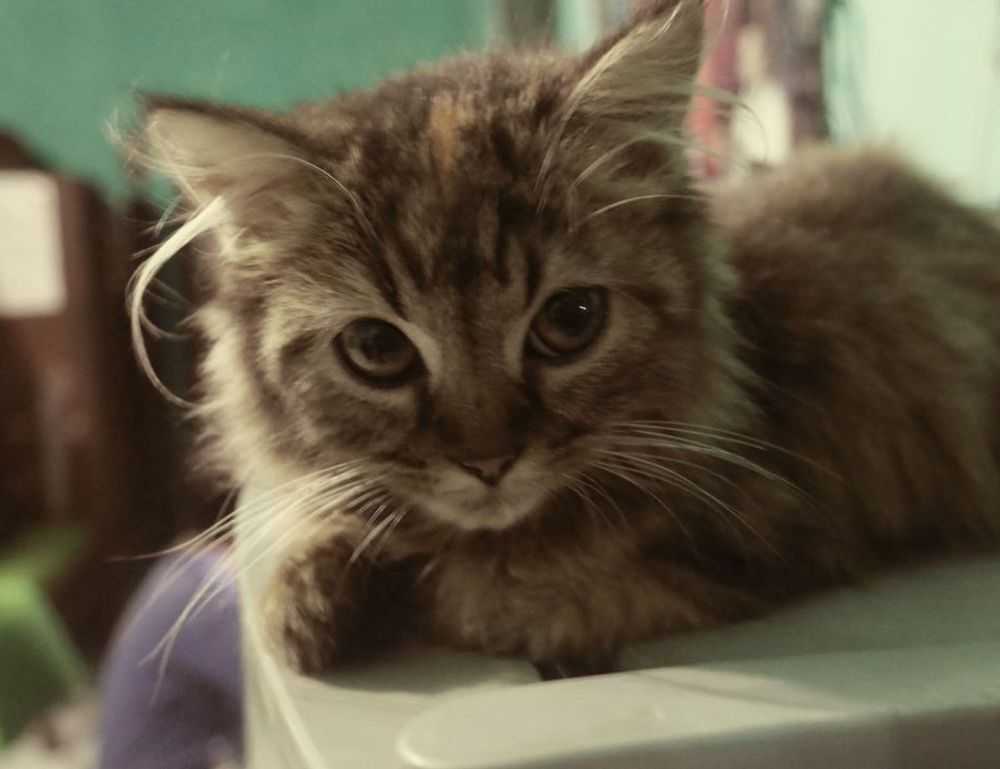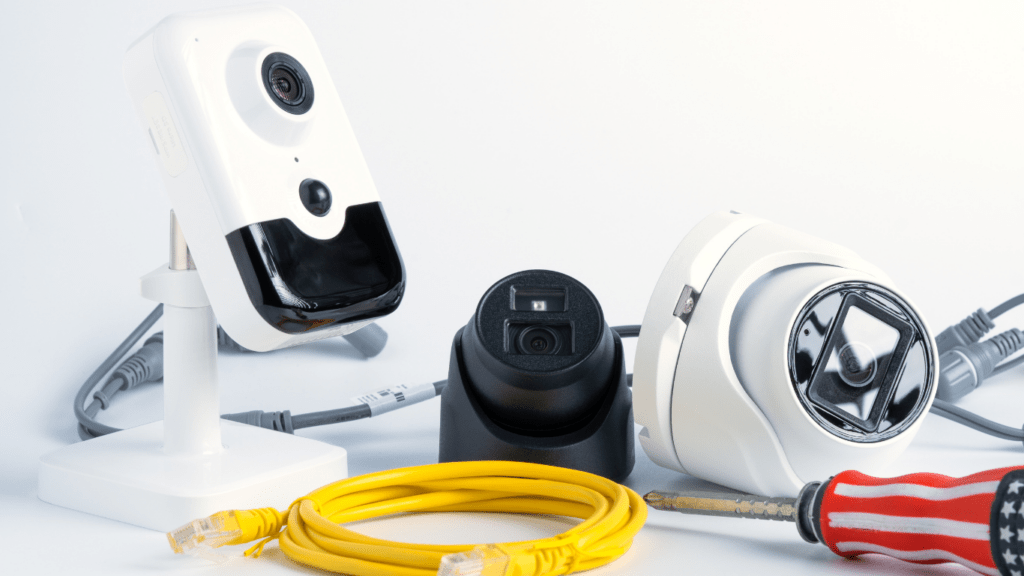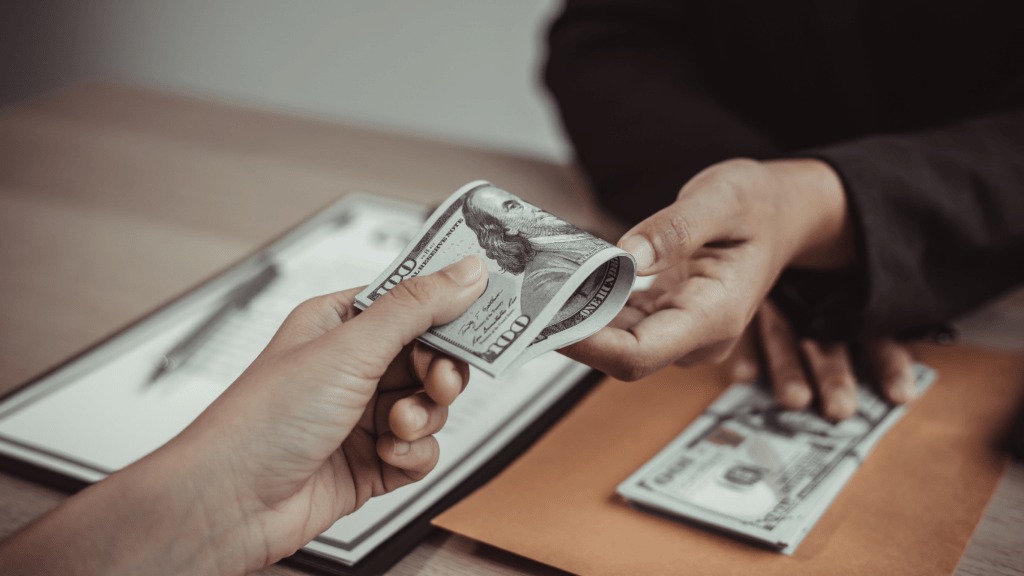Even for seasoned performers, the stage can stir butterflies. Whether it’s a black box theater, a rehearsal room, or a festival like MIPIMPROV, managing your mental and physical state matters. That’s why actors, comedians, and improv troupes turn to smart strategies to stay steady and sharp. These comfort tips mipimprov offer real-world ways to reduce stress, stay focused, and perform at your best.
Understand the Nerves
First, take a moment to normalize nervousness. It’s not weakness—it’s energy showing up early. When your brain senses a challenge, your body responds. Palms sweat, your heart speeds up, and thoughts race. But that energy can be redirected into performance fuel.
Seasoned improvisers don’t try to kill nerves—they learn to channel them. Knowing that stress is part of the process can loosen its grip.
Lock in Your Prep Routine
Improvisation may be unscripted, but that doesn’t mean you should walk in blind. Consistent pre-show rituals help your body and brain switch into performance mode. It could be a five-minute vocal warm-up, stretching, or even a quiet check-in with partners.
Here’s the catch: the routine doesn’t have to be dramatic. In fact, simple wins. The goal is to build repeatable cues your mind can recognize as “game time.” These comfort tips mipimprov recommend include micro-prep routines to signal your system that it’s safe to focus.
Consider integrating breathwork. Deep belly breaths not only calm adrenaline but also oxygenate your brain. And if your warm-up includes collaborative games, even better—it starts syncing your team before the first suggestion is shouted out.
Pack for Physical Comfort
Nothing breaks focus like pinching shoes or a mic pack sliding down your back mid-scene. Comfortable clothes and gear eliminate distractions before they can start.
Start from the ground up. Good footwear matters—something stable you can move in easily. Layers help with varying venue temperatures. And don’t forget hydration and snacks, especially during long rehearsals or festivals. Being a well-fed, well-watered performer is underrated.
Also, consider bringing a small recovery kit. That could mean a lacrosse ball to roll tight muscles, herbal tea for your throat, or tinted glasses if bright lights throw you off. When your body feels secure, your brain has more bandwidth to play freely.
Manage Your Mental Terrain
Mindset is the secret ingredient. It’s easy to slip into pressure mode—especially if you’re auditioning, competing, or debuting something new. That pressure can shrink creative flow.
One of the top comfort tips mipimprov focuses on is replacing judgment with curiosity. Instead of asking, “Was that funny enough?” try “What’s possible in this scene?” It keeps you engaged rather than self-conscious.
Visualization can help too. Imagine a successful show. Play a highlight reel in your mind, focusing on times when you felt agile, alive, and connected. The brain does surprisingly well responding to imagined success—it lays neural pathways as if it really happened.
Finally, practice letting go. Not every scene will work. Not every laugh will land. That’s okay. Improvisation is built on trust, not perfection. Trust your team, trust the process, and trust that whatever happens onstage belongs there.
Spend Time With Your Team
Improv relies on connection. The more comfortable you are with your ensemble, the better you’ll feel taking risks and exploring weird, bold choices.
Hang outside rehearsal. Eat together. Even simply warming up as a group shifts the vibe. When you’ve already laughed together backstage, it’s easier to support each other mid-show.
The best teams treat comfort like a shared project. If someone’s in their head? Another teammate might throw a high-energy tag-in. If someone’s running cold? A familiar callback can warm things up. Collaborative comfort has exponential benefits.
Recover After the Show
Don’t underestimate the comedown. Shows—especially high-stakes ones—require a lot of emotional compression. Afterward, your nervous system wants to decompress. Let it.
Walk around the block. Breathe deeply. Change out of show clothes. Maybe journal a scene you loved or jot down something to try next time. These post-show transitions prevent emotional whiplash and help you improve through reflection rather than rumination.
If part of your show didn’t land? That’s part of the craft. Don’t spiral—debrief gently. Either with your team or a supportive coach, focus on “what worked, what might shift,” rather than “what went wrong.” It’s how you get better without burning out.
Final Thoughts
Improvisation might be spontaneous on the surface, but sustainable performance takes intention. These comfort tips mipimprov provide make it clear: comfort isn’t just nice—it’s strategic. Physical ease, mental readiness, and collaborative trust all create the space to be vulnerable, playful, and fully present.
Whether you’re walking into your first jam or headlining at a festival, bring along your portable comfort toolkit. Because when your system feels safe, your creativity shows up ready to play.



